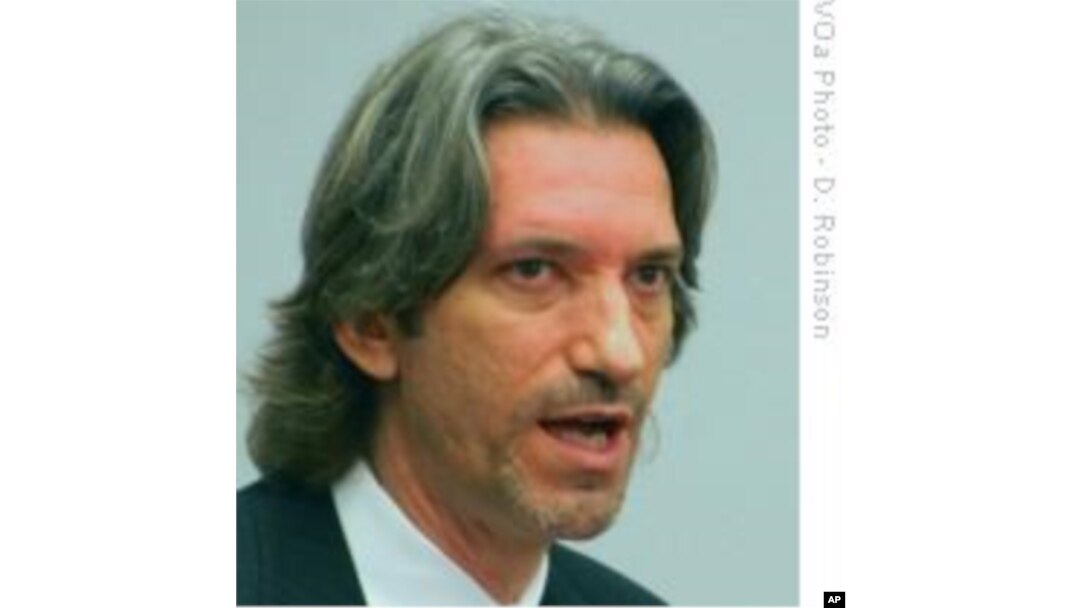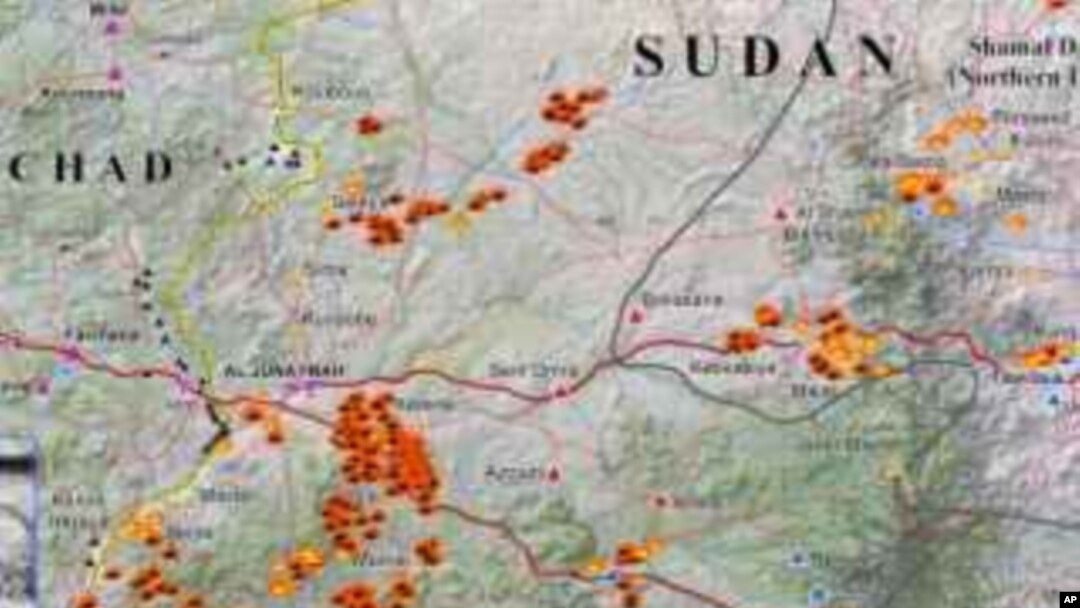Voter registration in Sudan is due to end on Tuesday. U.S. legislators are taking a harder look at how the Obama administration is helping Sudan to end violence and curb human rights abuse so voters can take part presidential elections that are scheduled for April 5-12 of next year.
Last Thursday, the House of Representatives Subcommittee on Africa and Global Health held its first public hearing since an Obama Sudan policy review was unveiled in October. Legislators pressed U.S. Special Envoy for Sudan, Major General (Ret.) Scott Gration and representatives of Sudan’s governing National Congress Party (NCP) and the predominantly southern Sudan-based Sudan People’s Liberation Movement for guidelines on how best to fulfill the mandate of Sudan’s 2005 Comprehensive Peace Agreement (CPA).
Executive director Sam Bell of the Genocide Intervention Network represents one of the active American civic groups of the anti-genocide coalition that is campaigning for Sudan’s President Omar Hassan al-Bashir to put an end to Khartoum’s backing of armed attacks in Sudan’s western Darfur region. Bell says the public has yet to hear what benchmarks Ambassador Gration is applying to measure progress in Sudan.
“We’ve now had hearings in both the House and the Senate, and a public release of the strategy, and advocates are still left wondering what the administration is looking at in terms of tangible benchmarks to measure progress toward the goals that were outlined in the policy rollout that Secretary of State Clinton led and that Ambassador Rice and Special Ambassador Gration also appeared at,” he said.
Bell says that remedies need to be found for several conditions illuminated during the voter registration process that are preventing the Khartoum government from conducting a free and fair electoral process.
“There are a number of complications with the elections. The first is whether there are changes in laws to allow for media freedoms, freedoms of assembly, freedoms for political parties to campaign, and reform of the national security laws. And the second piece is the whole issue of registration. There are disputes about constituencies in Sudan based on the census that was done earlier this year. And then there’s an issue of actually getting people registered. And in Darfur, that’s particularly sensitive because there are so many displaced people who fear that registering themselves in the camps would mean that they are recognizing that they are permanent residents of the camps, thus giving up claims to the land which they feel they’ve been pushed out of,” he explained.

Congress Grills US Administration on Sudan Election Guidelines
One Darfur activist who testified before the House subcommittee, John Prendergast, co-founder of the Enough Project at the Center for American Progress, suggested that Sudan’s parties should agree to delay the April election until conditions outlined by the CPA have been met to ensure that basic standards are in force.
The Genocide Intervention Network’s Sam Bell accepts that the process may falter with elections having to be put off. But he is hopeful that the parties have not yet arrived at that point in the process.
“I think that some of the witnesses after Gration were trying to raise this question that we really have to grapple with whether we, being the United States, are going to support an election that won’t be free, won’t be fair, and could legitimize to some degree President Bashir, who is an indicted war criminal,” he noted.
Congress Grills US Administration on Sudan Election Guidelines
Bell contends that anticipation of another vote, the referendum on independence for semiautonomous southern Sudan, which is scheduled for 2011, is the looming factor that is retarding many of the political forces in Sudan from making progress on creating conditions for an honest election. But he says that despite hard-felt concerns about the secession of southern Sudan, Darfur and southern Sudan advocates here in the United States and in the international community are determined to push for progress and benchmarks so that the conditions for change may still be facilitated.
“It’s a critical concern, but we’re not ready to write off the elections just yet. We want a full-throated, robust action to support a credible election. And we don’t think that necessarily everything has been done to make sure that that can happen,” said Bell.
He voiced surprise that Special Envoy Gration failed during the hearing to address the role of a much-discussed classified annex, which reportedly spells out terms of compliance agreed to between Washington and the Government of Sudan. The Genocide Intervention Network director also called it “peculiar” that the top US envoy for Sudan was unable to give Congress any details about President Obama’s recent meeting with Chinese President Hu Jintao. Before heading to Beijing last month, White House sources said that the U.S. president would raise concerns about China’s political , economic, and military support for the Bashir regime and seek to enlist Beijing’s cooperation in pressing Khartoum to end human rights violations, re-open opportunities for humanitarian groups that were expelled from Sudan in March to resume their operations in Darfur, and help the hybrid peacekeeping force of U.N and African Union troops with carrying out their mission in the country.


